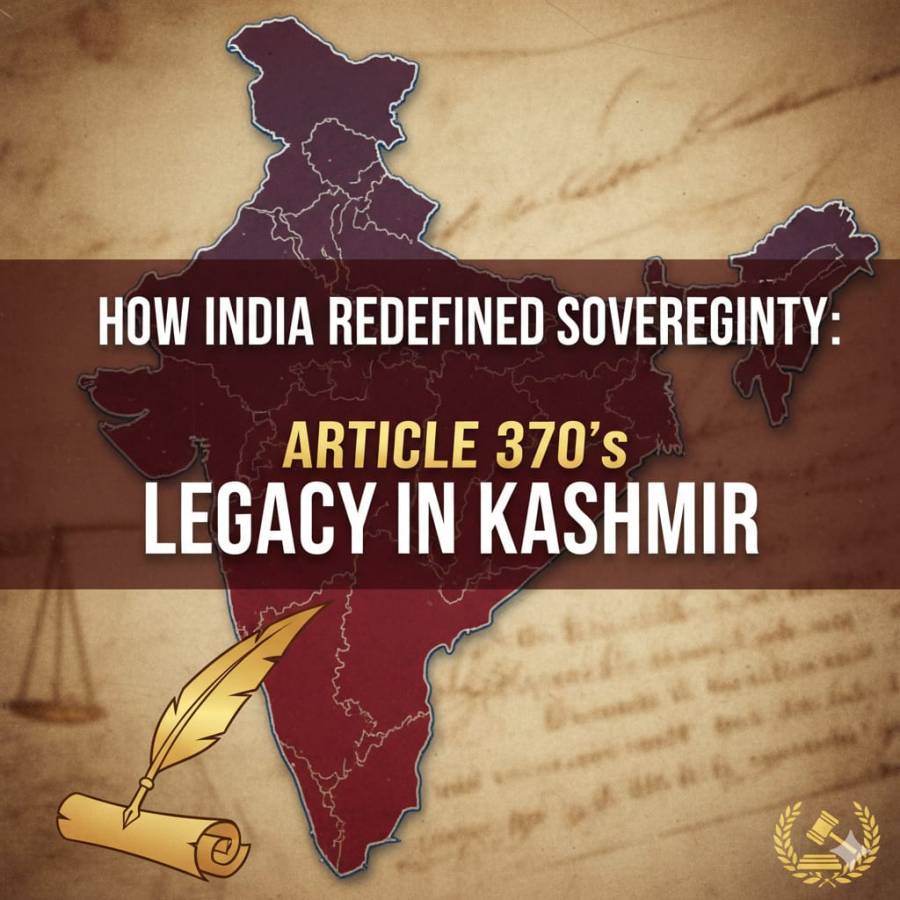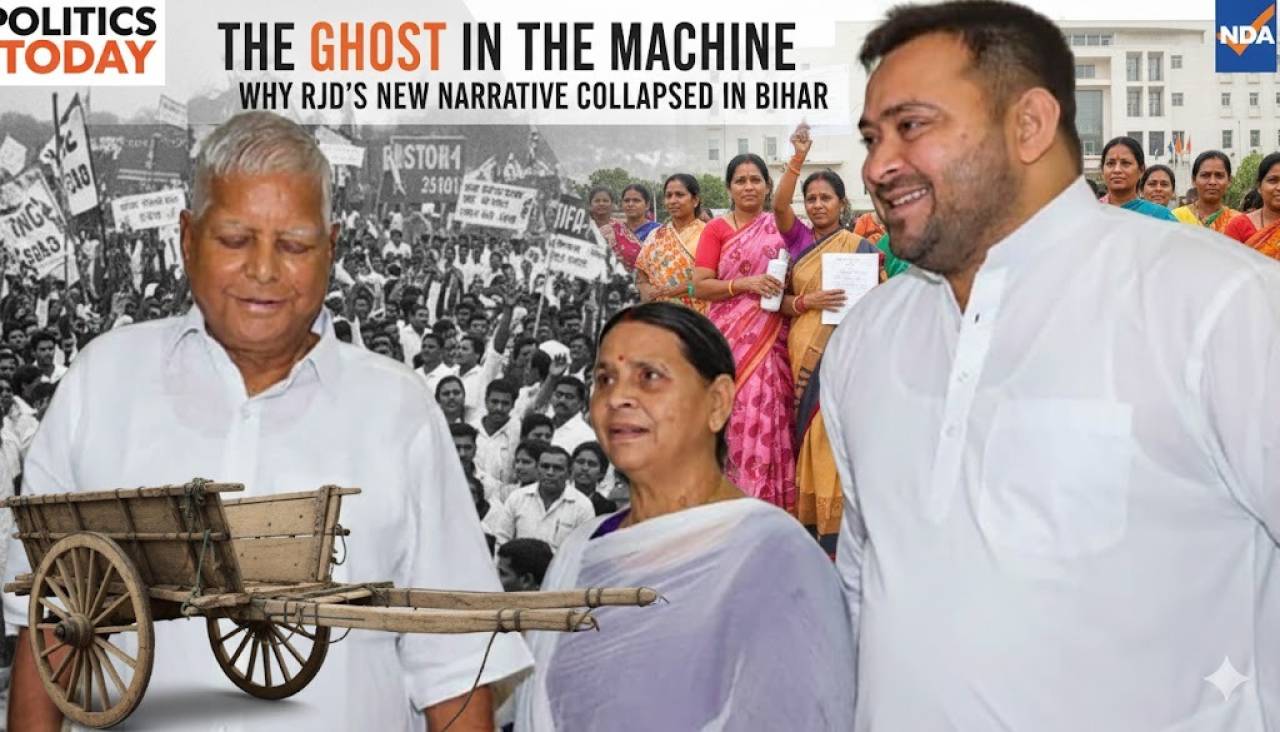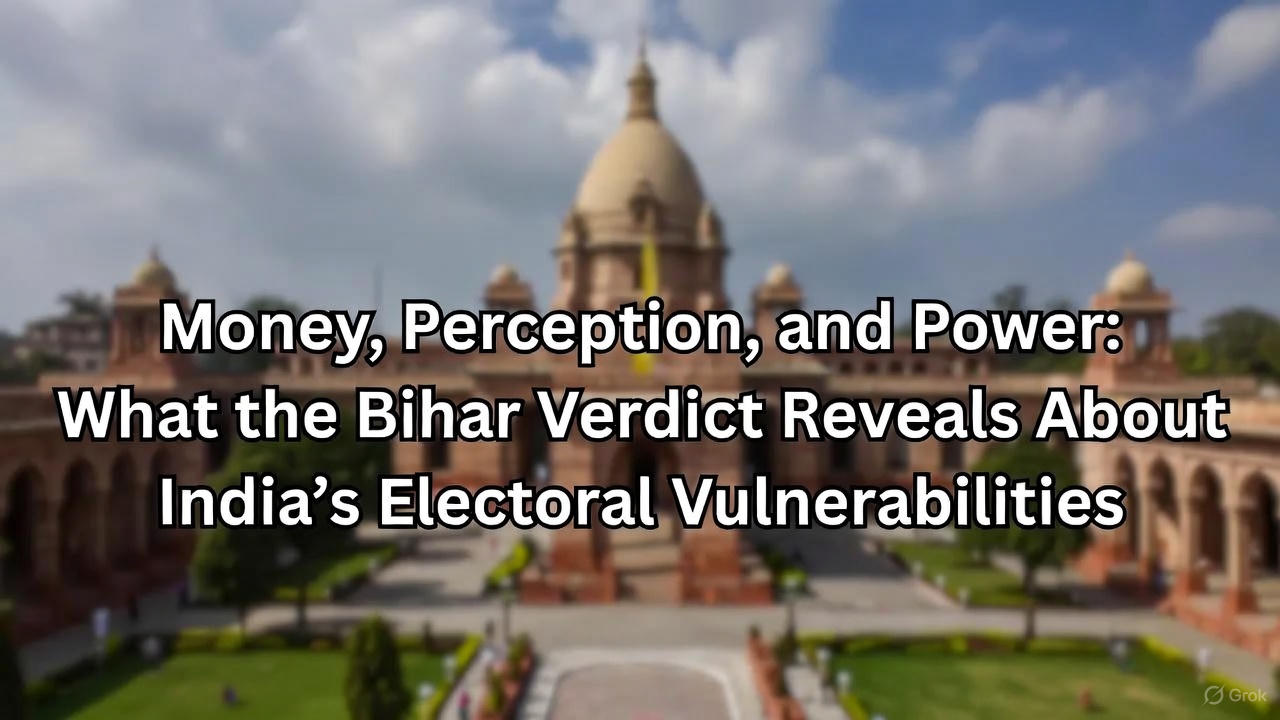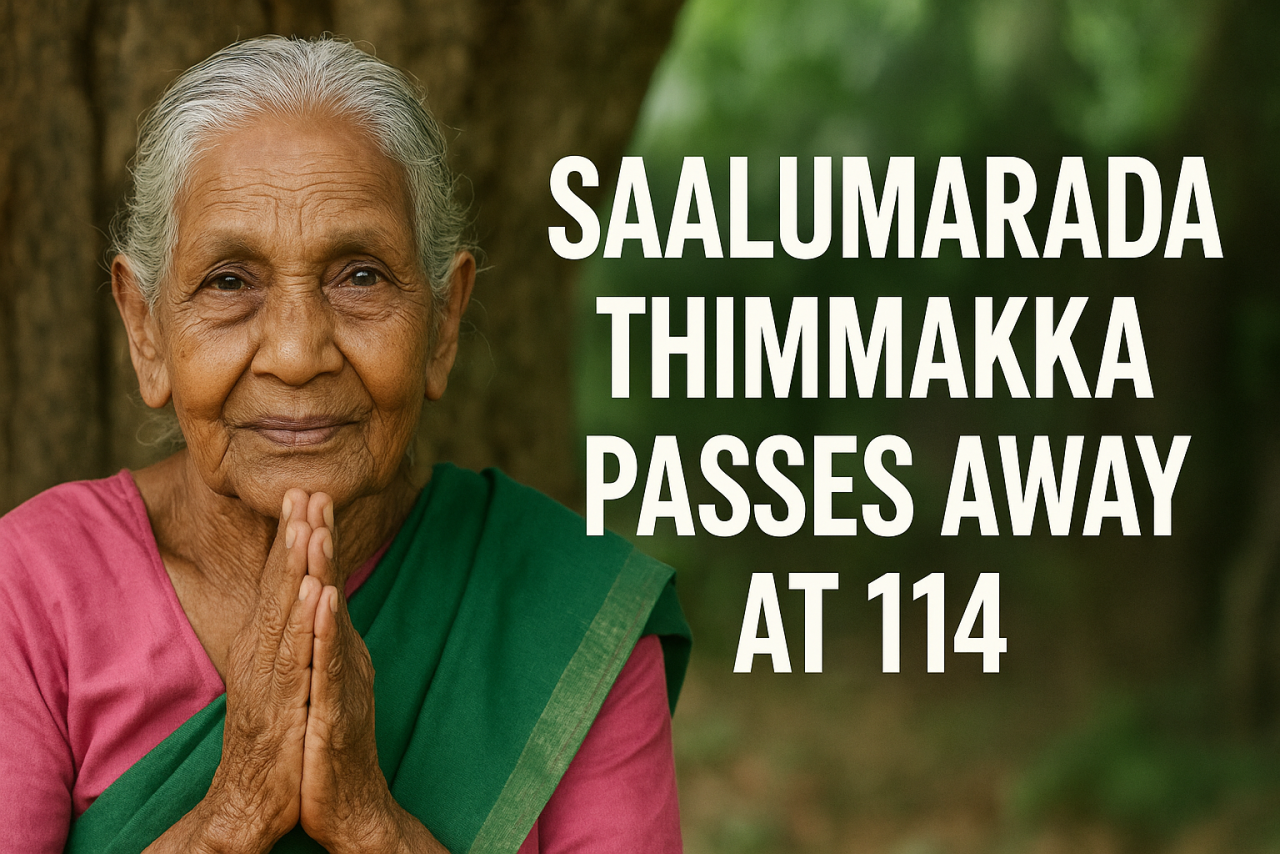
In the grand theater of global politics, the United Nations has long been viewed as a custodian of peace and a mediator in conflicts. But in Kashmir, the abrogation of Article 370 marked the beginning of an era where India decisively turned the page on international arbitration, casting the UN into the shadows of irrelevance. For decades, the United Nations Military Observer Group in India and Pakistan (UNMOGIP) lingered in Srinagar, a relic of Cold War politics that time had outgrown, but it was the abrogation that delivered the final verdict: its purpose was obsolete.
UNMOGIP, established in 1949, carried the weighty mandate of monitoring ceasefire violations in a region that was as much a playground for global powers as a flashpoint between two neighbors. Over time, its significance dwindled, but its presence in Srinagar remained symbolic—a reminder of an unresolved dispute and an external influence that India neither invited nor desired. The abrogation of Article 370 changed that narrative overnight. New Delhi, with unparalleled clarity, declared that Kashmir was no longer subject to external scrutiny but an internal matter of a sovereign state.
This shift was more than a political statement; it was a geopolitical realignment. By sidelining the UN, India dismantled the historical narrative that framed Kashmir as a disputed territory under international oversight. For decades, Pakistan had leaned heavily on this narrative, lobbying for resolutions and leveraging global institutions to maintain the illusion of parity in its claims over Kashmir. The removal of Article 370 pulled the rug from under this strategy, leaving Pakistan’s arguments without their traditional scaffold.
The implications for UNMOGIP were profound. The abrogation made its presence in Srinagar not just redundant but incongruous. India’s actions sent an unequivocal message: external actors, however well-intentioned, had no role in mediating its domestic affairs. In practical terms, this meant the UN’s operations were reduced to a symbolic gesture, their reports and observations fading into irrelevance against India’s assertion of sovereignty.
India’s approach to sidelining the UN was not merely rhetorical. By emphasizing development, governance, and security in the valley, New Delhi presented a compelling alternative narrative—one of integration and progress. This narrative was as much for the international community as for its own citizens, showcasing Kashmir as an indivisible part of a modern, democratic India. The global response, notably muted, reflected a growing recognition of India’s stance. Major powers, balancing their strategic interests, chose pragmatism over protest, leaving Pakistan increasingly isolated in its appeals to international forums.
The diminished role of the UN in Kashmir also underscored a broader trend: the declining relevance of Cold War-era institutions in addressing contemporary challenges. Much like the ideological battlegrounds of the past, UNMOGIP’s presence in Srinagar was a vestige of a time when global powers dictated regional conflicts. The abrogation of Article 370 marked a break from this paradigm, asserting that India was ready to reclaim control over its narratives and boundaries.
In this recalibrated landscape, the UN’s role as an observer in Kashmir serves as a cautionary tale of institutional inertia. Its inability to adapt to changing realities rendered it ineffective, while India’s decisive action redefined the rules of engagement. The abrogation of Article 370 was not just a domestic milestone; it was a statement to the world: India would chart its own course, unfettered by the shadows of the past.
Thus, the removal of Article 370 did not merely dissolve an outdated provision; it dissolved an era of external intervention in Kashmir, consolidating India’s position as the sole architect of its destiny in the region.





















